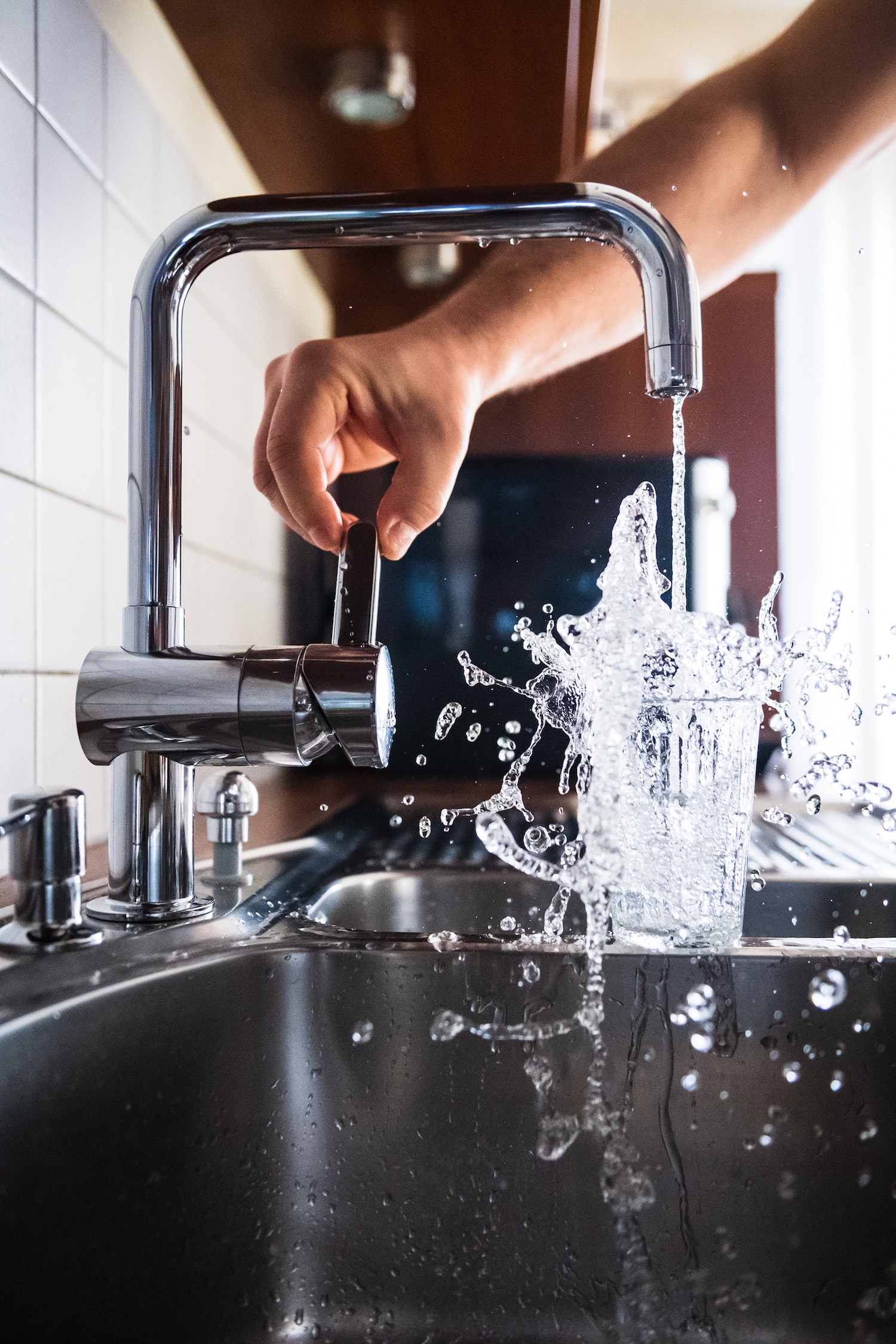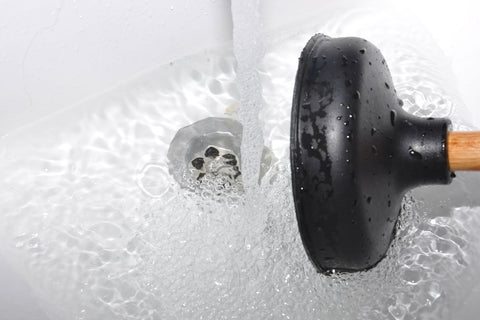Effective Winterizing Strategies to Defend Your Pipes From Bursting in Cold Weather
Effective Winterizing Strategies to Defend Your Pipes From Bursting in Cold Weather
Blog Article
We have stumbled on this post relating to Prevent Freezing and Bursting Pipes listed below on the net and figured it made perfect sense to relate it with you over here.

All property owners that live in warm climates have to do their finest to winterize their pipelines. Failing to do so can mean disaster like icy, cracked, or burst pipelines.
Turn On the Faucets
When the temperature level drops and also it seems as if the frigid temperature level will last, it will help to transform on your water both inside your home as well as outdoors. This will certainly keep the water streaming with your plumbing systems. You'll finish up throwing away gallons of water this way.
Open Cupboard Doors Hiding Plumbing
It would be practical to open cabinet doors that are masking your pipes when it's cold outside. As an example, they could be someplace in your cooking area or bathroom. This will certainly enable the warm air from your heater to distribute there. Because of this, you protect against these subjected pipelines from freezing. Doing this little method can keep your pipes cozy and also limit the potentially hazardous results of freezing temperature levels.
Take Some Time to Cover Exposed Water Lines
One nifty and very easy hack to heat up cold pipes is to cover them with warm towels. You can cover them first with towels. After protecting them in position, you can put boiling water on the towels. Do it gradually to let the towels soak up the liquid. You can likewise use pre-soaked towels in hot water, just don't neglect to wear safety handwear covers to safeguard your hands from the heat.
Attempt a Hair Clothes Dryer or Warmth Weapon
When your pipes are virtually freezing, your dependable hair clothes dryer or heat gun is a godsend. Bowling hot air straight right into them may aid if the warm towels do not aid dislodge any kind of settling ice in your pipelines. Do not utilize other items that produce direct fires like an impact lantern. This can result in a larger catastrophe that you can not regulate. You might end up damaging your pipes while trying to thaw the ice. And also over time, you may even end up shedding your home. So beware!
When Pipelines are Frozen, shut Off Water
If you observe that your pipelines are totally icy or nearly nearing that phase, transform off the primary water valve promptly. You will normally locate this in your basement or utility room near the heating unit or the front wall surface closest to the street. Transform it off today to prevent additional damages.
With even more water, even more ice will stack up, which will at some point lead to burst pipelines. If you are not sure about the state of your pipelines this winter months, it is best to call a specialist plumber for an examination.
All homeowners that live in temperate environments have to do their best to winterize their pipes. Failing to do so can spell disaster like frozen, split, or burst pipes. If the warm towels do not aid displace any kind of resolving ice in your pipelines, bowling warm air directly right into them might aid. Turn off the main water shutoff immediately if you notice that your pipes are totally icy or nearly nearing that phase. With more water, more ice will load up, which will ultimately lead to rupture pipes.
PREVENT YOUR PIPES FROM FREEZING THIS WINTER
A Leading Cause of Property Damage
When the weather is taking a deep nose dive into the cold dreary days, the risk of your pipes freezing and potentially bursting skyrockets. Unfortunately, during these cold dreary months, burst pipes are the most common denominator for property damage. The pipes that are most at the risk are those that are in areas where it is most cold in your home. For instance, pipes located in interior places such as basements, attics, and your garage. Unfortunately, that doesn’t mean that the pipes running through your cabinets or exterior walls can’t freeze. Good news, however, is that you can do things to help prevent pipes from freezing.
How to Prevent Pipes From Freezing
Once the temperature starts to drop during the winter, you should be taking the proper measures needed to ensure that your pipes stay warm and that there is circulation of water through them. Some steps that experts may recommend could go against your better judgement when it comes to saving water and heat. However, it would go without saying that when expenses are compared, damaged pipes could put a bigger dent in your wallet than a water bill.
What Can I Do?
Keep your garage door closed. This is very important, especially if you have water supply lines running through your garage. Open your kitchen and bathroom cabinets to allow warm air to circulate through them. Allow air circulation throughout your home. Keeping the interior doors open will once again allow the warm air to circulate inside your home. Ensure your thermostat is running the same temperature throughout the night and day. If you plan to be away from home during the cold months, set your temperature no lower than 55° F. This should provide enough heat to keep the pipes warm and prevent any remaining water inside the pipes from freezing. For more of a long-term solution, add insulation to attics, basement, and other crawl spaces around your home. By allowing your faucet to drip, it will alleviate pressure in the system. This is important because the pressure that is created between the blockage and the faucet can potentially cause the pipes to burst. Allowing the faucet to drip will prevent the pressure from building up, therefore keeping the pipes from bursting. Seal any cracks, openings, and crawl spaces around your home to prevent cold air from coming inside. This keeps your pipes-not to mention your home-warmer and less susceptible to issues caused by freezing temperatures. For the pipes in your home that are easily accessible, applying electrical tape to them might prevent them from freezing over. This is a quick fix, as you can apply the tape directly to the pipe. There are two options for heating tapes. One turns on and off by itself when it senses heat is needed. The other type of heating tape needs to be applied when heat is needed and removed when not necessary. If you have exposed pipes in your home, you can check this website to take a look at a few options that would be available at a shop near you.

As a keen reader on Prevent Freezing and Bursting Pipes, I think sharing that piece of content was a great idea. Sharing is caring. Helping people is fun. Thank you so much for going through it.
Sink issue? Dial. Report this page